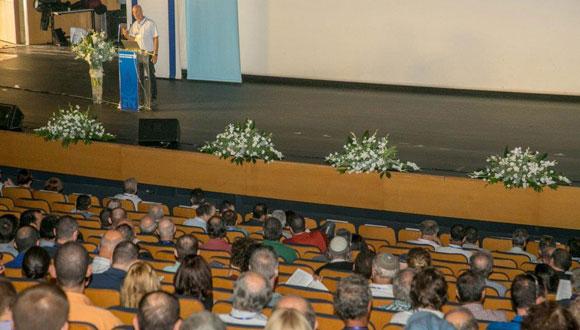Physics Colloquium: Tidal Disruption Events: Transient Laboratories for Fundamental Physics
Nicholas Chamberlain Stone, Hebrew University
Recording: https://youtu.be/zEn82PuZmVs
Abstract:
For decades, physicists debated whether black holes were mathematical artifacts of general relativity, or real objects with physical meaning. Pioneering astronomical discoveries in the 1960s and 1970s established the astrophysical reality of black holes, which are now routinely observed across the electromagnetic spectrum - and increasingly, even in parts of the gravitational wave spectrum. Classical black holes are the simplest macroscopic objects in the Universe, being fully characterized by just two to three numbers (mass, spin, and electric charge), which in combination with their strongly curved spacetime makes them ideal laboratories for testing open questions in the theory of gravity and fundamental physics. In this colloquium, I will discuss a relatively novel astrophysical probe of black holes: tidal disruption events, or TDEs. A TDE occurs when an unlucky star passes too close to a massive black hole, and is torn apart by tidal forces. The subsequent return of bound stellar debris powers a transient flare that outshines the combined luminosity of all stars in the host galaxy for a period of months, and which can be seen to cosmological distances. I will survey the open questions concerning the astrophysics of TDEs (mostly related to hydrodynamics and radiative transfer), and the enormous observational process currently being made on their study, before zooming in on ways TDEs can be used as probes of fundamental physics. I will focus especially on (i) how the mass distribution of TDEs can be used to test the cosmic censorship conjecture, and (ii) how black hole spin measurements made with TDEs are already providing new constraints on the existence of ultra-light bosons, such as axion-like particles.
Event Organizer: Prof. Lev Vaidman


